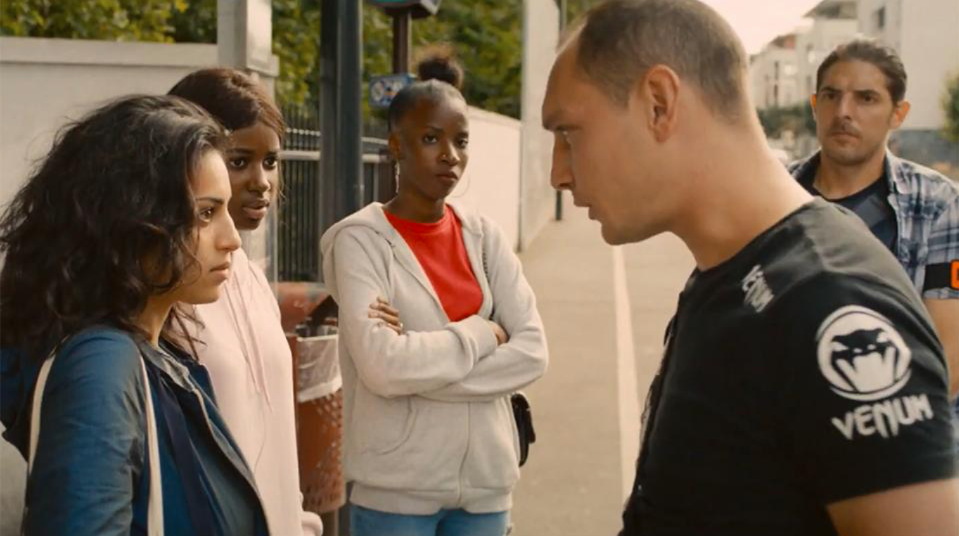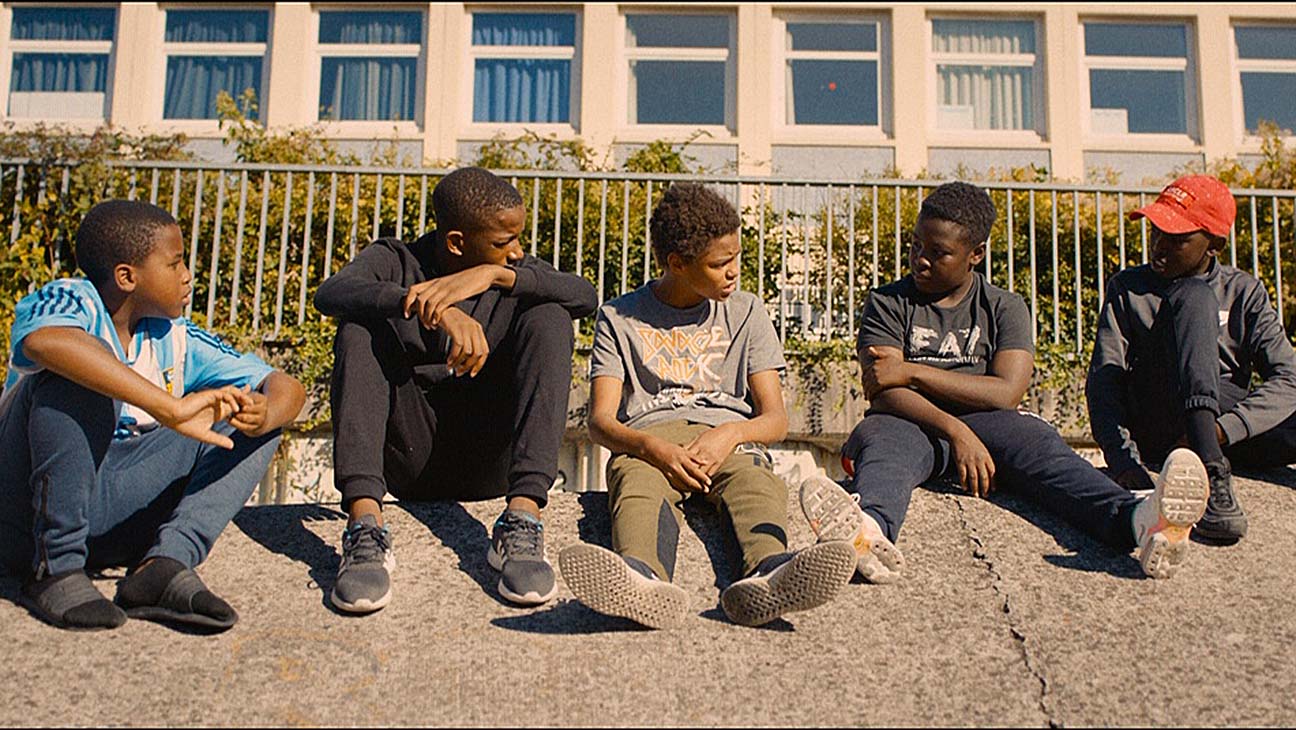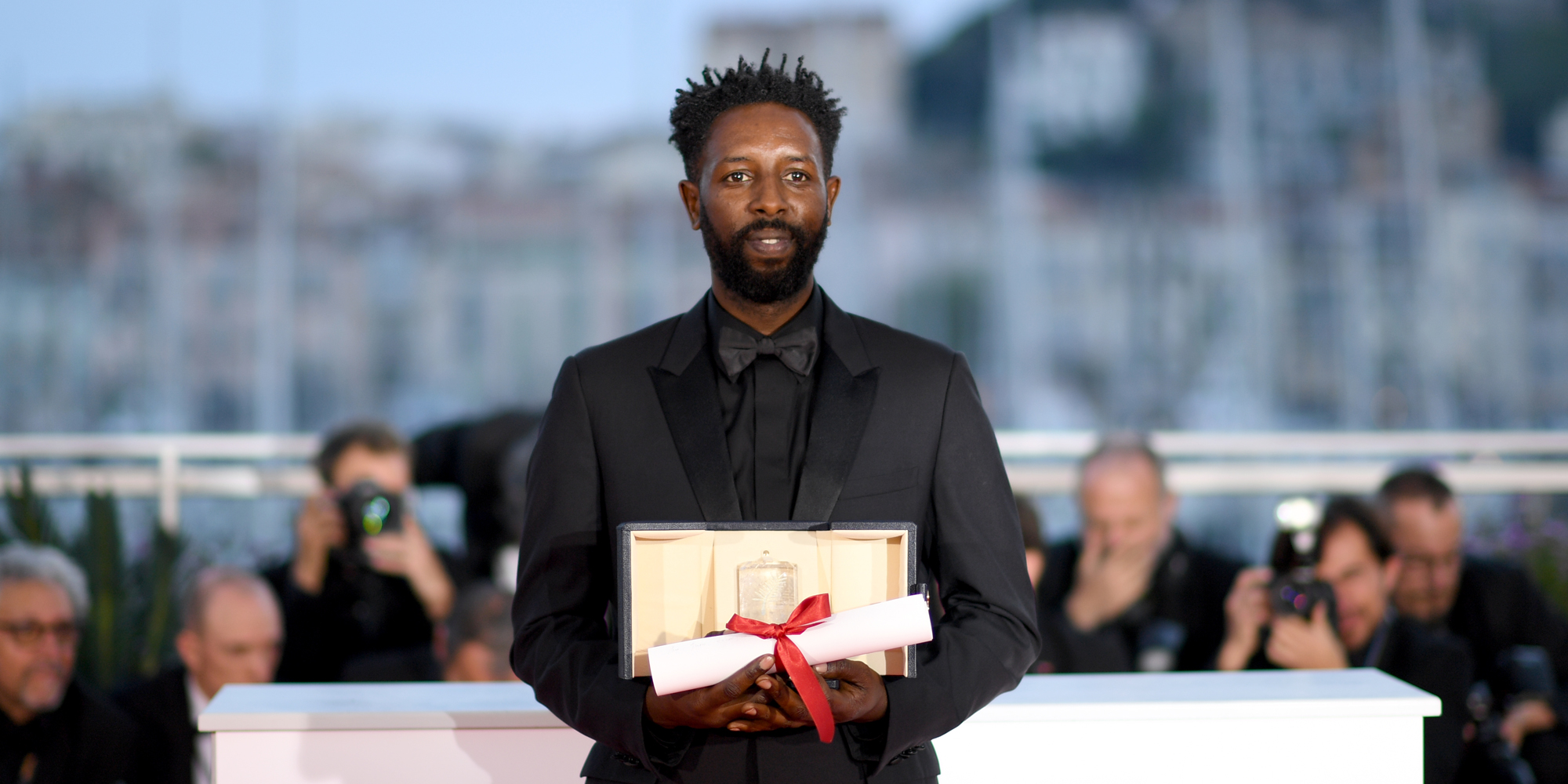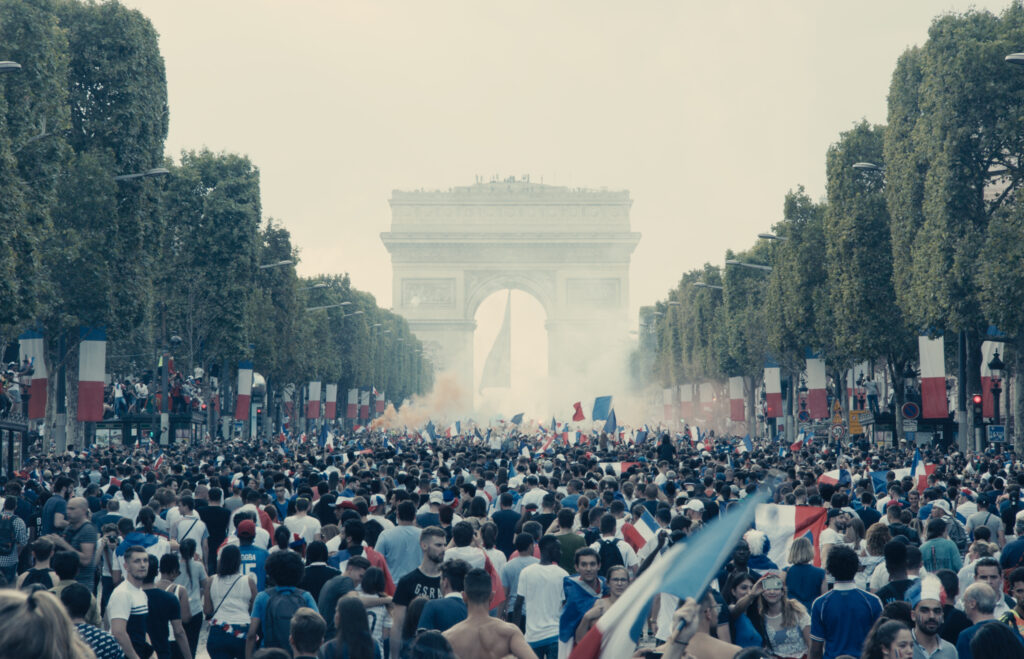Ladj Ly’s Les Misérables deals with some of the major problems that exist not only in France but all over the world. It is extremely unfortunate that issues like racial discrimination, hatred based on ethnicity, stereotyping, and social segregation still exist in the 21st-century modern world. Cinema is a reflection of society. So, it is quite obvious that these issues get reflected in celluloid. Social issues like racial discrimination exist not only in the poorer countries but the economic superpowers like France and the USA as well. It is one of the most dynamic films of 2019.

The film starts with the celebration of France’s win at the 2018 FIFA World Cup. The entire nation comes down to Avenue des Champs-Élysées for the celebration. The images build a testimony of a united France. The story begins at Montfermeil, a suburban area about 17 km from central Paris, with the police brutality that took place in the month of October 2018. Stéphane Ruiz (Damien Bonnard) joins an anti-crime squadron with squadron leader Chris (Alexis Manenti) and brigadier Gwada (Djebril Zonga). Chris displays a very hostile and aggressive behavior towards citizens of African ethnicities. Gwada, even though an African-origin himself, does not confront him and gives him company during the illegal interrogations. Chris starts moral policing even teenagers. At first, Stéphane does not confront Chris but does not support him morally.
The situation becomes extremely tensed when a lion cub, Johnny, is stolen from a local circus. Instead of asking, the circus owner Zorro comes to “The Mayor”, the local leader of African-origin inhabitants, and directly accuses his people of stealing the cub. Zorro threatens him to return with firearms if Johnny is not retrieved. Chris’ squadron is assigned for the retrieving work.
Issa, a juvenile delinquent, posts a photo with Johnny on Instagram and is tracked down by the anti-crime squadron. Chris along with Gwada and Stéphane identifies Issa’s location and chases him. Issa is caught but his friends attack the squadron. Accidentally, Gwada fires a flash-ball on Issa’s face. Quite incidentally, the fight is captured by a drone. The squadron realizes that the video-proof will surely affect its image. Stéphane intends to take Issa to a hospital but the other two refuse. The squadron reaches out to Salah, a restaurant owner and an Islamic leader of the local community, to arrest Buzz, the drone owner. Salah refuses to hand over Buzz and a tense confrontation takes place in the restaurant. Stéphane pitches in and convinces Salah to hand over the memory card.

Johnny is retrieved and handed over to its owner Zorro. The squadron makes Issa apologize to Zorro. He intends to teach Issa a lesson and locks him inside the cage with a grown-up lion, the mother of Johnny. Issa gets terribly frightened and urinates on his pant. Stéphane is about to shoot the lion but stops as Issa is released immediately. The Squadron leaves Issa near his locality and Chris threatens him not to disclose the incident. Issa is advised to cover the incident up with a road accident that has made the face wounds. Later that night, Stéphane meets Gwada in a bar and tells him that a flash-ball cannot be fired accidentally.
Gwada justifies the incident by accusing Issa’s supporters of the violent attack. Unconvinced, Stéphane hands over the memory card to him. The next day, the squadron, while patrolling, is attacked by Issa’s group and surrounded from all sides in a building. Chris is severely injured when a bottle is thrown on his face. Issa is about to hurl a petrol bomb towards Stéphane and he points his gun towards Issa. The scene fades to black and a quote from Victor Hugo’ Les Misérables appears – “Remember this, my friends: there are no such things as bad plants or bad men. There are only bad cultivators.”
Hatred and racial discrimination do not help humans to reach a destination in any way, rather push them towards darkness. This world belongs to everybody irrespective of race, gender, caste, ethnicity, or any other identities. Each one of us has equal rights for the facilities and opportunities and nobody should be deprived of those. The world can only be united through the principles of love and empathy. Les Misérables strongly opposes racial discrimination and emerges a perfect film voice to counter this issue.

Les Misérables is one of the most dynamic films of 2019. It is superbly blended with a documentary-style mostly using a hand-held camera. The shots create tensions on screen as if real. The chasing scenes have been filmed extremely efficiently. Cinematographer Julien Poupard has done a brilliant job. The quality of the sound used in the film is amazing. The images and sound throughout the film establish shots perfectly in accordance with the subject matter.
Ladj Ly, who is of African-origin himself, has personally faced those issues and strongly voiced his opinion as a filmmaker against those through his film. His story and screenplay of the film, which is based on one of his short films of the same name, largely portrays the agonies of the modern world. As an artist, he has taken a very strong stand through his film. It was no surprise that Les Misérables won the Jury Prize at the 2019 Cannes Film Festival and was nominated for Best International Feature Film at the 92nd Academy Awards.
